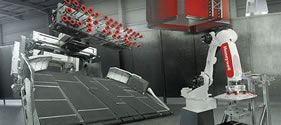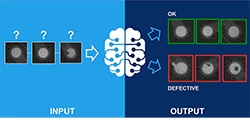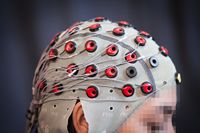The Pressure of Perfect Precision in Robotics Manufacturing
Precision robotics manufacturing is slowly becoming normalized because of its irrefutable positive impact on organizations. However, the journey to create error-free machinery never stops.
TeknTrash Robotics and Sharp Group Launch Groundbreaking Humanoid Robot Pilot for Smarter Recycling
ALPHA is trained using real-time motion data collected from recycling operatives via VR headsets and the data is sent in real time to cloud servers. The data is then processed through IsaacLab and deployed to NVIDIA's GR00T framework for real-time inference.
Why Vision-Guided Systems Elevate Assembly Line Precision
Advances in machine learning technology have made once-unreliable vision-guided robots an attainable, commercially viable reality. These systems improve assembly line precision in many ways.
TinyML: What is It and Why Does It Matter
As a machine learning technique, TinyML combines reduced and optimized machine learning applications that require hardware, system, and software components. These operate at the edge of the cloud in real time while converting data with minimal energy and cost.
Why the conventional deep learning model is broken
The conventional deep learning model is a supervised model. It takes months of time to develop and train the model before it is ready for the production line.
Trends Shaping the Automation Industry
The topic of retrofitting, i.e., the modernization of machines and systems into the digital age, is also an important trend in terms of sustainability, energy saving and resource optimization that we are also serving.
The Intersection of Telematics and Robotics
The fourth Industrial Revolution, Industry 4.0, has seen telematics and automation come together. Here's a closer look at the intersection of these two innovations.
New Artificial Intelligence Error Proofing Features Machine Learning Technology
Checking for potential issues during production allows manufacturers to scrap or rework unacceptable parts at the beginning of a run, and correct issues before a lot of parts are produced - this saves a significant amount of time and expense.
6 Ways Machine Learning Is Revolutionizing the Warehouse
While machine learning offers many benefits to the company, try to move your employees around to other human-based areas of the business. Here are some ways that you can begin using machine learning in a warehouse environment.
The Invasion of AI/ML into Android Smartphones
The migration to utilizing AI and ML in mobile systems locally 'in memory' has happened very fast within a few short years.
HONEYWELL ESTABLISHES ROBOTICS INNOVATION HUB FOR NEXT GENERATION DISTRIBUTION CENTERS
New center of excellence will generate breakthrough technologies using artificial intelligence, machine learning, computer vision and advanced robotics
Machine Vision Technology Update
Machine vision technologies based on CNNs and deep learning can be used profitably in a wide range of different industrial sectors and applications, allowing the automation and significant acceleration of inspection processes in the electronics industry, for example.
Brain-controlled robots
CSAIL system enables people to correct robot mistakes using brain signals.
Adam Conner-Simons via MIT News: For robots to do what we want, they need to understand us. Too often, this means having to meet them halfway: teaching them the intricacies of human language, for example, or giving them explicit commands for very specific tasks.
But what if we could develop robots that were a more natural extension of us and that could actually do whatever we are thinking?
A team from MIT’s Computer Science and Artificial Intelligence Laboratory (CSAIL) and Boston University is working on this problem, creating a feedback system that lets people correct robot mistakes instantly with nothing more than their brains. Cont'd...
Innovative Machine Learning Training Method Opens New Possibilities for Artificial Intelligence
From AZoRobotics: As a result of a new machine learning algorithm formulated by engineering researchers Parham Aarabi (ECE) and Wenzhi Guo (ECE MASc 1T5) at University of Toronto, smartphones may soon be able to provide users with honest answers.
The researchers prepared an algorithm that was capable of learning directly from human instructions, instead of an existing set of examples, and surpassed conventional techniques of training neural networks by 160%.
But more astonishingly, their algorithm also surpassed its own training by 9% - it learned to identify hair in pictures with better reliability than that enabled by the training, signifying a major leap forward for artificial intelligence. Cont'd...
ASU Robot learns to shoot hoops
ASU Interactive Robotics Lab: The video shows a bi-manual robot that learns to throw a ball into the hoop using reinforcement learning. A novel reinforcement learning algorithm "Sparse Latent Space Policy Search" allows the robot to learn the task within only about 2 hours.
The robot repeatedly throws the ball and receives a reward based on the distance of the ball to the center of the hoop. Algorithmic details about the method can be found here:
Records 1 to 15 of 21
Featured Product
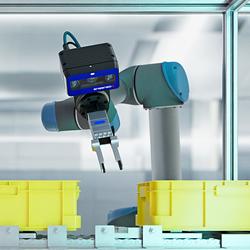
3D Vision: Ensenso B now also available as a mono version!
This compact 3D camera series combines a very short working distance, a large field of view and a high depth of field - perfect for bin picking applications. With its ability to capture multiple objects over a large area, it can help robots empty containers more efficiently. Now available from IDS Imaging Development Systems. In the color version of the Ensenso B, the stereo system is equipped with two RGB image sensors. This saves additional sensors and reduces installation space and hardware costs. Now, you can also choose your model to be equipped with two 5 MP mono sensors, achieving impressively high spatial precision. With enhanced sharpness and accuracy, you can tackle applications where absolute precision is essential. The great strength of the Ensenso B lies in the very precise detection of objects at close range. It offers a wide field of view and an impressively high depth of field. This means that the area in which an object is in focus is unusually large. At a distance of 30 centimetres between the camera and the object, the Z-accuracy is approx. 0.1 millimetres. The maximum working distance is 2 meters. This 3D camera series complies with protection class IP65/67 and is ideal for use in industrial environments.
Robotics and Automation - Featured Company

Basler
Basler AG is an international leader and experienced expert in computer vision. The company offers a broad coordinated portfolio of vision hardware and software. In addition, it enables customers to solve their vision application issues by developing customer-specific products or solutions. Founded in 1988, the Basler Group employs around 850 people at its headquarters in Ahrensburg, Germany, as well as other sales and development locations throughout Europe, Asia, and North America.

.jpg)
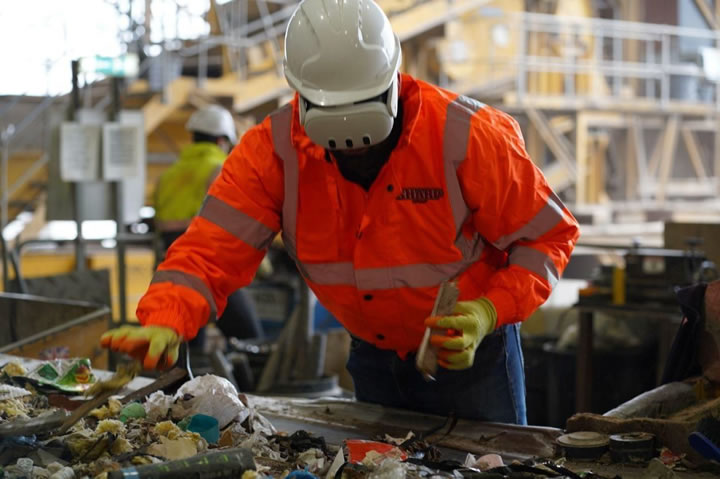
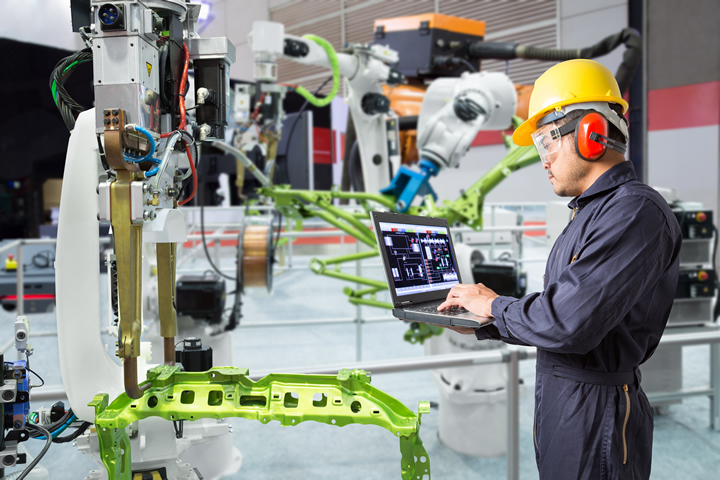

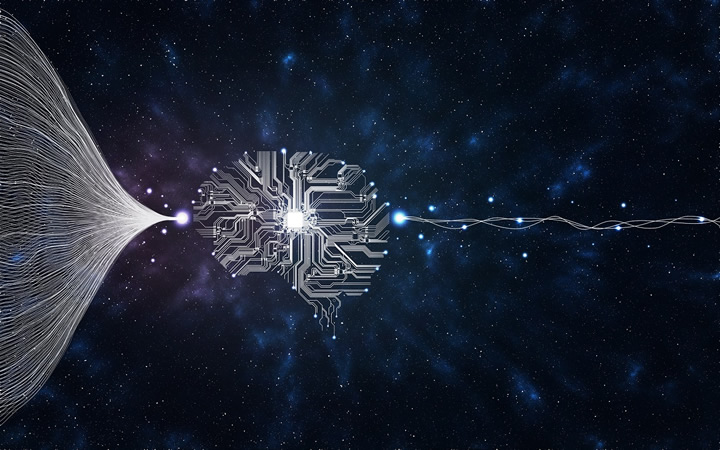
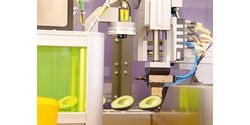
.jpg)



